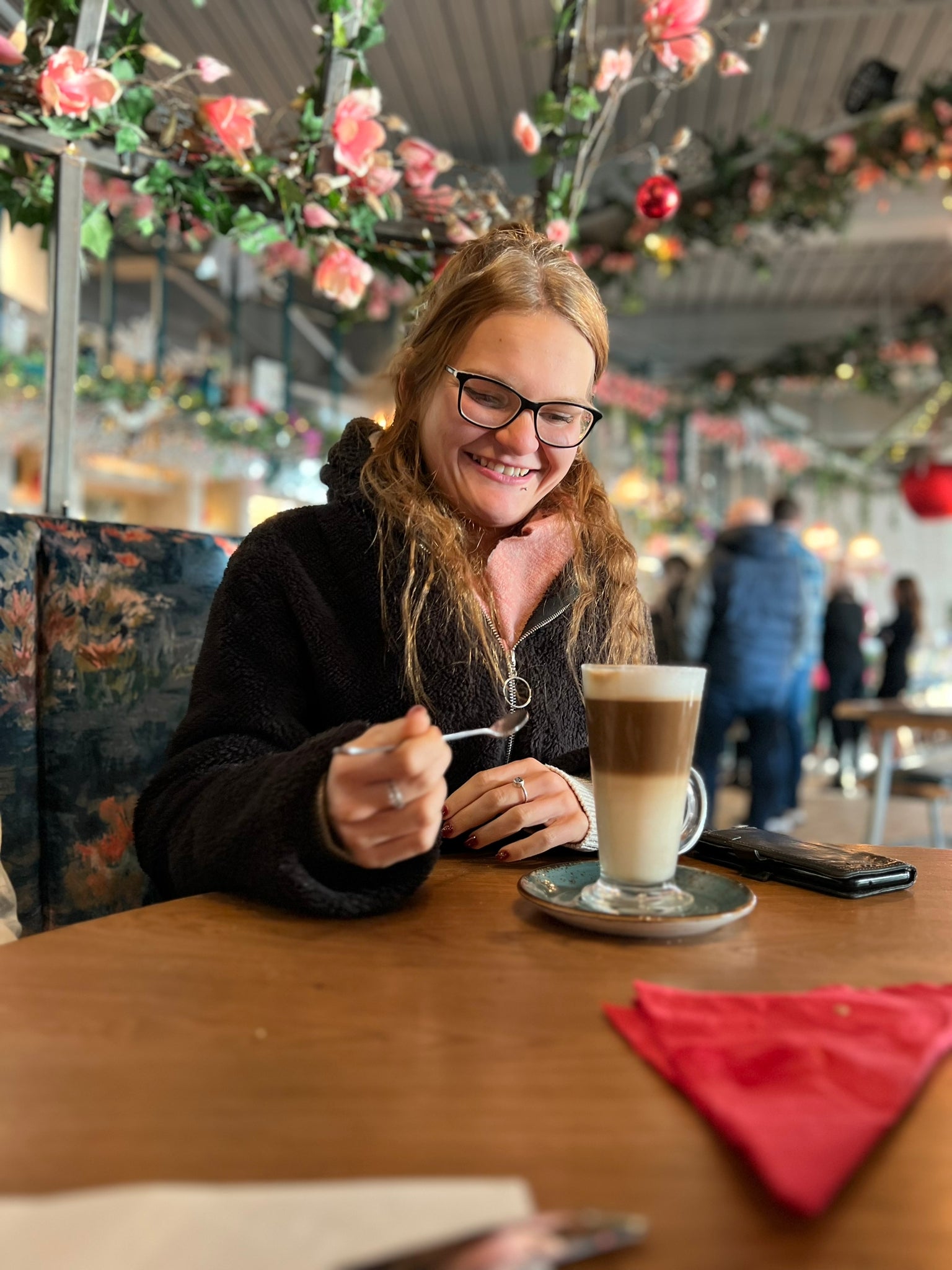Understanding the Desire for Permission
The illness is as confusing for the person experiencing it, as it is for parents, partners, carers, siblings…and even healthcare professionals.
One of the areas which gets so many of us frustrated and flummoxed, is why the ‘sufferer’ might feel the need for so-called permission.
In a perfect state of rational thought, we might of course hold the view that no single man, woman or child needs to gain specific consent to nourish themselves, or to rest.
For those of us living with a healthy happy relationship as regards food and exercise, we would think it alien to believe that we had to wait until someone had verbally communicated with us that it was ‘ok’ to make ourselves a meal, or that we had to be ‘told’ that it’s ok to lay in bed and not go on a six mile run.
But eating disorders make that cognitive reasoning completely impossible so much of the time.
The dialogue of the eating disorder persists in making the sufferer feel ashamed, should they dare to consume some food ‘just because’, or should they decide to take the car for the five mile trip, instead of burn more calories on a walk.
In a state of famine, and even as the body begins to restore itself but is still in the slow recovery phase of allowing that neural rewiring to take place, the sufferer will often feel that they simply cannot ‘be kind’ to themselves, or honour their hunger or need for rest, unless they are expressly told to do so.
And yes, of course that sounds difficult to comprehend when quite possibly we’re talking about someone for whom it is clear as day that that person is still unwell and should never need permission to eat more or exercise less, but, back to the first point…these darned eating disorders are baffling to us all.
So, given this complexity, is there anything at all you can do to help someone in your life who is trying to get well, and yet contends every day with the idea of needing permission?
Well, the answer is, yes – and, moreover, your role is absolutely imperative in a collaborative recovery process.
Let’s take some examples.
*Katy is seeing the community eating disorders young persons team for her anorexia nervosa, but hasn’t yet got rid of her ambivalence about wishing to be well.
She has weekly appointments, but in between, the family feels the effects of a teenager so angry at being challenged, and yet angry that her disorder dialogue tells her on a daily basis she should exercise in her room, walk further than she needs, and not eat the delicious family meals which deep down she wishes she could share in.
PERMISSION SUPPORT:
It’s time for the family to promote permission at every turn. Doing so drowns out the eating disorder dialogue and tempts the component of the brain which still craves to be able to eat and rest.
- Verbally remind Katy that her body could use some restoration opportunity. Encourage rest time, but mirror this in so far as creating a scenario of parent / family joining in with this. Other family members making a big play on going out for exercise will only trigger behaviours and thoughts. Join Katy on the sofa for movie time….and bring snacks and food into play. Don’t remove these from the scene, in the thought that you are ‘helping’ Katy. Katy needs to see the joy that food and familytime bring when the illness isn’t allowed to interfere.
*Nicki is on a recovery journey and trying hard to get back to her 30-something adult self, who feels able to eat freely and without constraint.
At times, the restoration of her metabolism has her in a state of ‘extreme hunger’ and she wrestles with whether it is permissible to respond to that or not. In particular, she worries that the amount she’d secretly like to eat, might seem odd to her husband and parents, when she has developed a persona as the restrictive eater.
PERMISSION SUPPORT:
Nicki needs her life interactions to reinforce that it is not only ‘ok’ to eat more, but that it is ‘absolutely right and applauded’.
- Here’s where Nicki’s husband, friends, parents and siblings can really play a part. At every meal time, keep the food dishes on the table even after an initial ‘sitting’ might be at an end. Then reiterate the permission verbally: ‘Anyone for seconds? Nicki?’
While this might be the very thing you’d feel nervous about asking of the person in recovery, it’s actually the very thing which will help the sufferer be reminded that they can responded to that ferocious hunger. And of course, if you can reiterate the permission through your own actions, do so by reminding her of the ‘normality’ of adding more to your plate.
So much of the time, family and friends tell us they fear they should ‘not mention food’, and shouldn’t challenge the idea of getting the person to rest more or exercise less, but we can all play a part in preventing the sufferer from having persistent reasons not to push harder with recovery.
If we can help grant permission, and allow them to slowly feel that they can give themselves permission at every turn, we’re taking away those toxic processes of negotiation, which mentally torture those with an eating disorder.
LET US KNOW.
Does this chime with you? What experiences have you had in permission and negotiables?
Can we help you or someone you love?
Would you benefit from family / partner learning opportunities around eating disorder recovery?
Email hello@Wednesdayschild.co.uk
- Sep 2020





